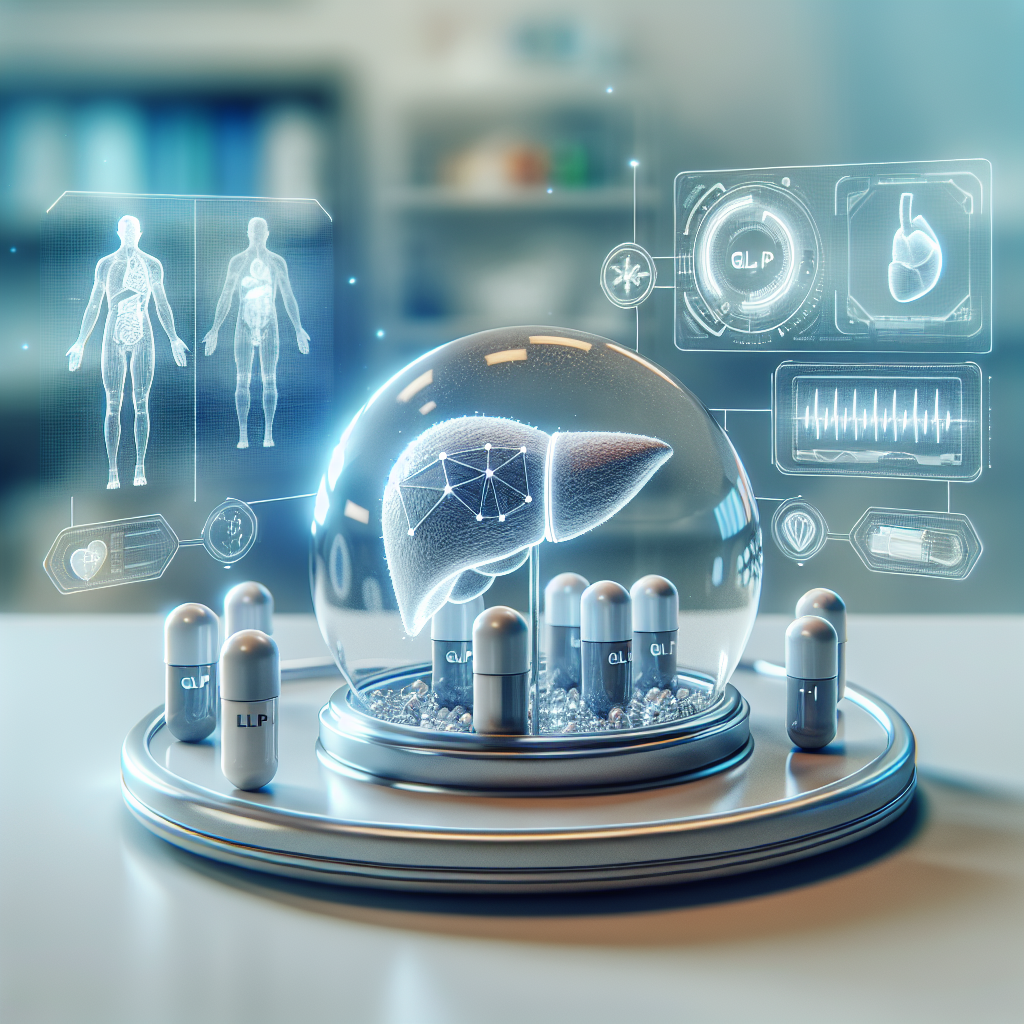Listen to this post: Weight-Loss Drugs: A New Hope for Liver Disease
Analysis
The evolving use of weight-loss drugs in liver disease treatment is not just a momentary trend—it marks a paradigm shift in how we understand and treat chronic conditions rooted in metabolic dysfunction. These drugs, primarily GLP-1 receptor agonists, are turning out to be multi-faceted tools in modern healthcare.
The initial excitement around drugs like semaglutide was driven by their effectiveness in treating diabetes and facilitating dramatic weight reduction. However, the unexpected bonus was their profound impact on improving liver health.
We’re starting to think about GLP-1 drugs not just as weight-loss solutions but as full-blown metabolic therapies.
Dr. Arun Sanyal, liver disease expert at Virginia Commonwealth University
This shift is generating ripples in the pharmaceutical industry. Companies like Novo Nordisk and Eli Lilly are ramping up studies specifically targeting NAFLD and NASH treatment. A few trials have shown results suggesting liver fat reduction of nearly 30% within a few months of treatment—far surpassing what diet and exercise alone can typically achieve.
So what does this mean for patients and the healthcare system?
- Vaccines or transplant waiting lists could eventually be replaced with prescription medications.
- Health insurers may begin covering these drugs for liver disease alongside diabetes and obesity, broadening access.
- Clinicians will likely start screening obese or diabetic patients earlier for signs of liver damage as proactive interventions become available.
The future looks promising. These medications could offer a convenient, non-surgical pathway to healing the liver and curbing the chronic disease burden at a population level.
However, challenges loom. These medications are expensive, averaging over $1,000 per month without insurance. Long-term safety and efficacy in liver-specific applications aren’t yet fully understood, and accessibility remains a concern for marginalized communities disproportionately affected by metabolic conditions.
Still, the potential is enormous and the early data is compelling. If the momentum continues — and with FDA approvals pending — weight-loss drugs may soon revolutionize liver care much like they’ve transformed approaches to managing diabetes and obesity.
Source
Disclaimer
This blog post was written with the help of AI and includes an AI-generated image. The information provided herein is for educational purposes only and should not be used as a substitute for professional medical advice.













